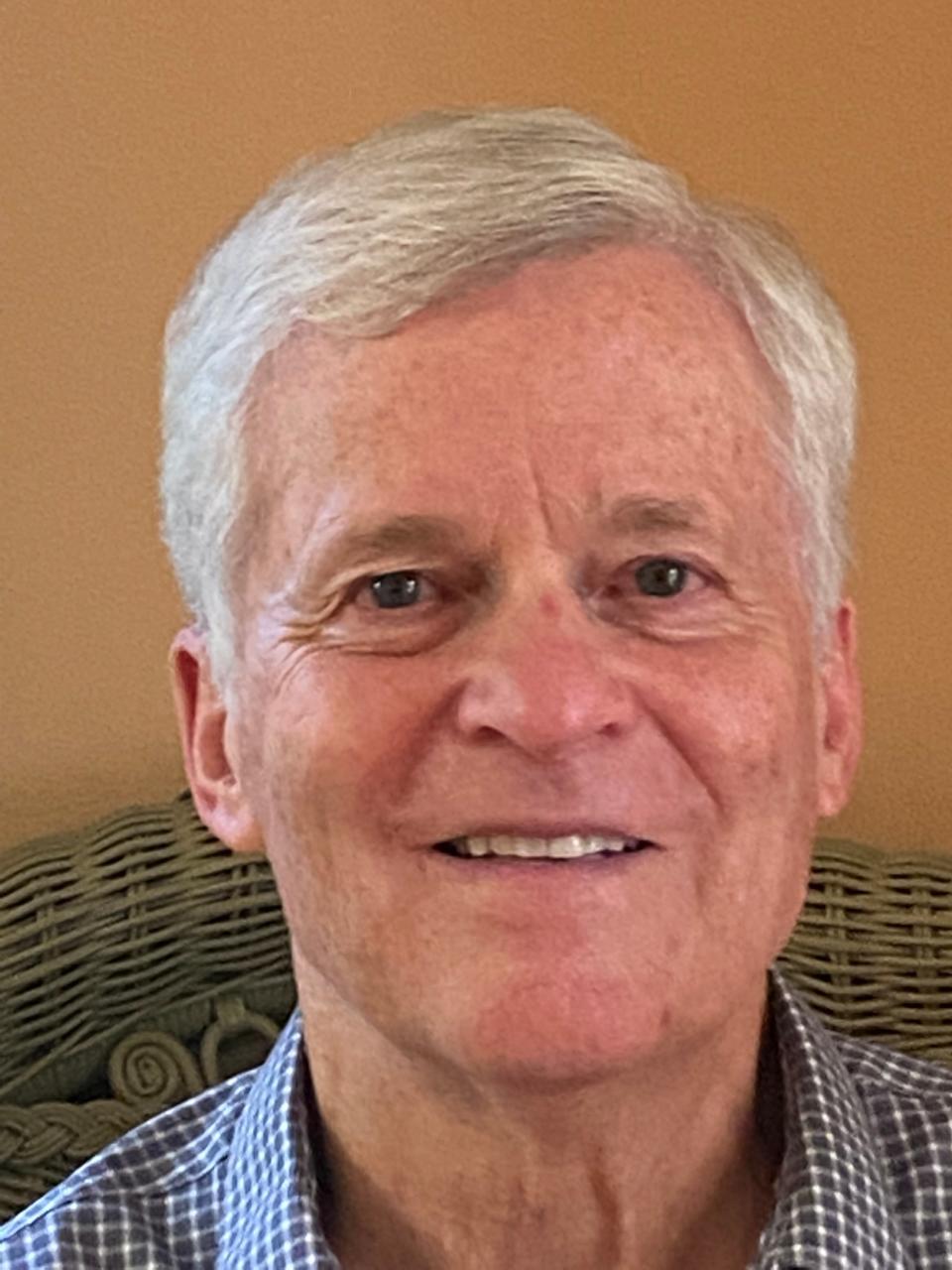Opinion: To bridge what divides us politically, stop focusing on labels
It’s common in political discussions with those of another political party or position, to feel frustrated, confused, and defensive and further divided. I am offering some thoughts about why I think it’s often so difficult to be understood or change other’s thinking; and what might help us better understand and connect with each other to talk and work cooperatively rather than get stuck in adversarial roles.
Presented below is the third in a series of four opinion articles on four communication hindrances and recommended self-practices or responses to counter or replace those communication hindrances. The first and second articles, recommending we work first on ourselves to change our responses to those who upset us, before confronting them and trying to change their thinking; and recommending we recognize and practice diminishing biases in ourselves and others, were published Aug. 6 and 13.
We typically label individuals and groups whose statements and behaviors we dislike or disagree with. Instead, practice recognizing and responding to others specific internal feelings and self-thoughts.
More: Opinion: To bridge what divides us politically, we need to recognize our own biases
We tend to put labels on Republicans, conservatives, Democrats and liberals, and stereotypes are never totally accurate for any one person, much less a group. Labels tend to exaggerate “differences” and are often misleading and harmful. None of us are “always conservative” or “always liberal” on all issues. When we focus on labels that divide us, we miss what we share in common, such as our feelings (e.g. fear, pain, and frustration) and suffering, and our needs (e.g. support, nurturance, safety, respect, and belonging). Labels will continue because they are a quick way to make an assessment to help us feel either more comfortable and safer, or justify our fear to be more self-protective with others.
More: Editor: Open call for women to share their voices, during Women's History Month and always
It helps to change general labels about another’s character into labels about “specific self-thoughts, feelings and behaviors.” Negative thoughts and behaviors don’t mean the person’s core is negative, but that their internal struggles, unmet needs, or fears are being expressed in negative thoughts and behaviors. It also helps to change judgmental “negative” or “closing down” labels, to empathic or “opening up” labels.
More: Opinion: To bridge what divides us politically, first work on yourself
Ask yourself, does this label that I put on others further “close me down” by distorting, limiting or obstructing my thinking, understanding and relationship with them? These negative “character” labels and their meanings highly influence our response to others. Some examples:
If we think others are “stupid,” “ignorant,” “misguided” or misinformed” we may find ourself discrediting their thinking and wanting to teach or educate them.
If we think others are “crazy,” “dangerous” or “violent,” we may find ourself condemning or avoiding them, and wanting them controlled by authorities.
If we think others are “bad” or “unethical” we may find ourself feeling self-righteous and distancing from them, and wanting to declare our higher values to justify our thoughts and behaviors.
If we think others are “lazy” or “manipulative” we may find ourself blaming their character for their problems, and wanting ourselves, or someone of our choosing, to take charge of the situation.
If we think others are “arrogant,” “self-righteous” or “condescending,” we may find ourselves “wanting to bring them down” and judge/challenge their character/values.
Or ask yourself, does this label that I put on others “open me up” to better understand, emotionally connect and relate to them? Shifting from “negative” “character” labels about others publicly-expressed statements and behaviors, to recognizing or labeling their “inner self-feelings and self-thoughts,” will often elicit curiosity, compassion and non-judgment.
If we become aware of others feeling “hurt” or “emotionally wounded” we may then find ourself feeling compassion and empathy
If we become aware of others feeling “ignored,” “forgotten” or “unheard and unseen,” we may then find ourself wanting to listen more closely and be more attentive to what they’re saying, and what’s not said, that underlies their statements and behavior
If we become aware of others feeling “separated,” “disconnected” or “alone or lonely,” we may then find ourself wanting to help them feel more connected and included
If we become aware of others feeling “afraid” of us, we may then find ourself wanting to respond with compassion and promote greater safety and security for everyone.
If we become aware of others feeling harshly “judged,” “discounted” or “dismissed,” we may then find ourselves wanting to listen without judging or discounting what they say.

John Ritchie, Ph.D., has been a counselor, director, and licensed psychologist in community mental health agencies, university counseling centers, and private practice for 45 years. He lives in Sylva. He can be reached at johnritchie24@gmail.com or 828 506-9220.
This article originally appeared on Asheville Citizen Times: Opinion: To bridge what divides us, stop focusing on harmful labels

